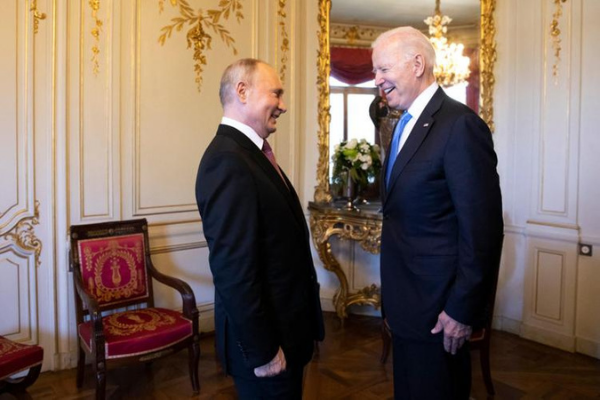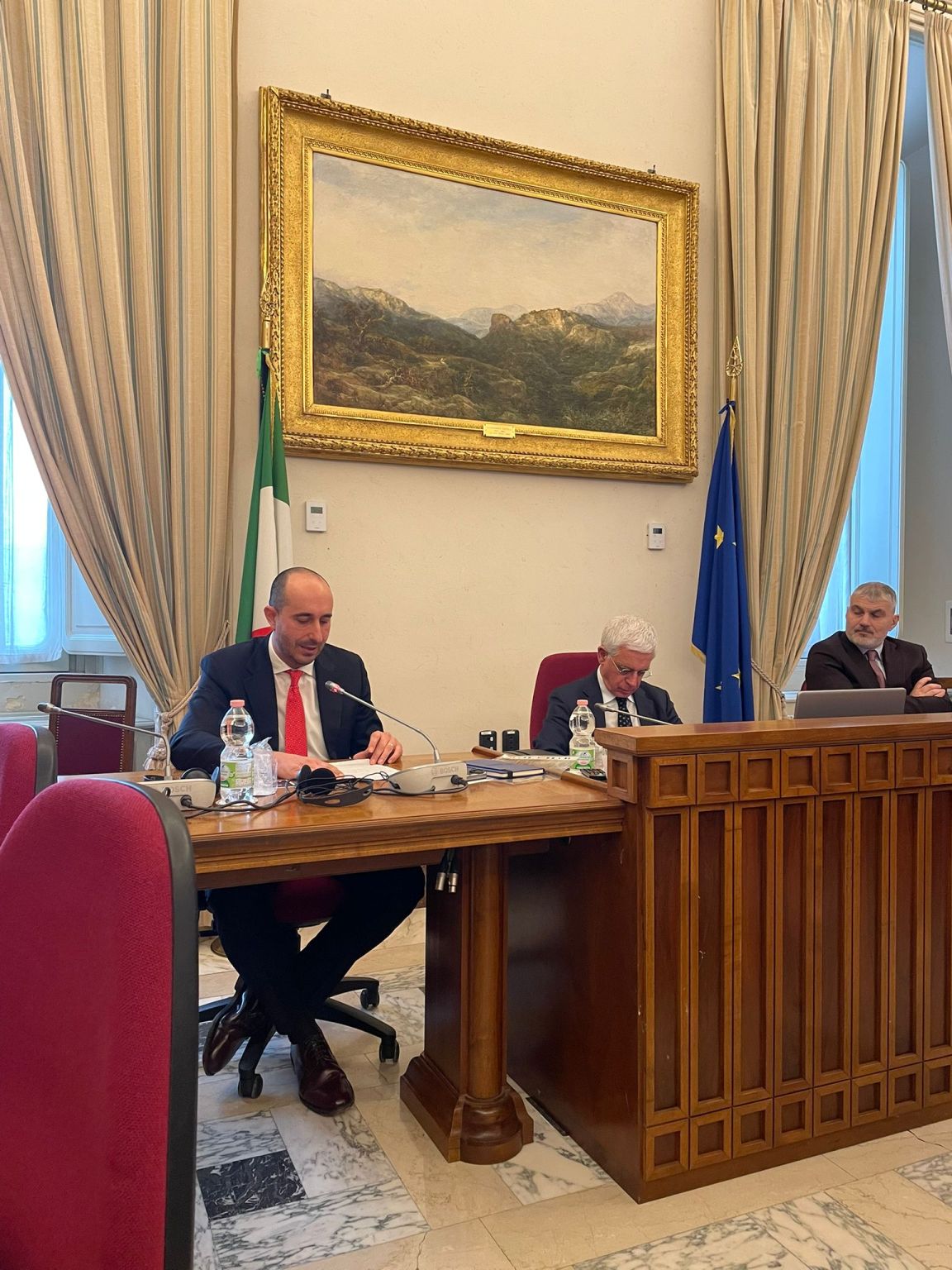Round-up of Putin and Biden’s meeting in Geneva

Antonia Williams, Centro Studi Americani
U.S. President Joe Biden wrapped up a densely-packed European trip with a final marathon summit with Russian President Vladimir Putin on Wednesday for a day of discussions on points of conflict along with some cooperation between the two leaders.
Speaking separately after the meeting, both Biden and Putin struck a tone of mutual respect. “If you ask me what sort of a partner . . . Biden is, I’d say he is very constructive,” Putin said. “He’s very balanced—just the way that I expected,” he added. Meanwhile, Biden spoke of two “powerful and proud countries” coming together.
While there were few concrete outcomes, the two sides have agreed to begin a dialogue on “strategic stability,” or as Biden put it to “get our military experts and our diplomats together to work in a mechanism that can lead to control of new and dangerous and sophisticated weapons that are coming on the scene now that reduce the times of response, that raised the prospects of accidental war.”
However, it is clear tensions remain.
The two presidents touched upon on a range of difficult topics, from military threats to human rights concerns. Some were long standing issues, others, like cyberweapons, were on the agenda for the first time.
Putin denied that Russia played any role in a spate of increasingly bold cyberattacks against U.S. companies and government agencies and rebuffed U.S. criticism of human rights abuses.
Biden also presented his Russian counterpart with a a 16-point list of “critical infrastructures” considered off-limits for cyberattacks. The list (likely the 16 critical infrastructure sectors noted by the U.S. Cybersecurity and Infrastructure Security Agency) includes energy, food, and water systems, as well as the defense industry. If such targets were subject to a Russian hack, Biden warned of retaliation. “I pointed out to him we have significant cyber capability and he knows it,” Biden said.
The U.S. leader also added that the United States would continue to raise the issue of human rights inside Russia. He said it would be “devastating” if the opposition leader Alexei Navalny were to die in jail, following his arrest in January by Russian authorities. Putin is accused of ordering Navalny’s poisoning last summer in Siberia with nerve agent novichok.
Biden said that he had pressed Putin on a variety of issues, and that he would continue doing so. “I made it clear to President Putin that we’ll continue to raise issues of fundamental human rights,” he said.
“I did what I came to do,” Biden said.
The summit – carried out amid low expectations – got results. Both sides agreed that their ambassadors would return to their posts in Moscow and Washington, at a date yet to be announced. The two envoyed were recalled from their posts after Biden described Putin in a TV interview as a “killer”. His US counterpart, John Sullivan, flew home in April.
The two leaders also announced a new expert U.S.-Russian working group which would consult over a wide range of issues. They include the renewal of the Start Three nuclear treaty, which is due to expire in 2024, and cybersecurity.
In July, Biden’s theory of foreign policy as “a logical extension of personal relationships” will be tested in a key vote at the U.N. Security Council on whether to extend authorization for humanitarian aid to pass through the Bab al-Hawa border crossing from Turkey into rebel-held Syria. Putin made no commitment to keep the crossing open in Wednesday’s meeting.
Photo credits: AFP


